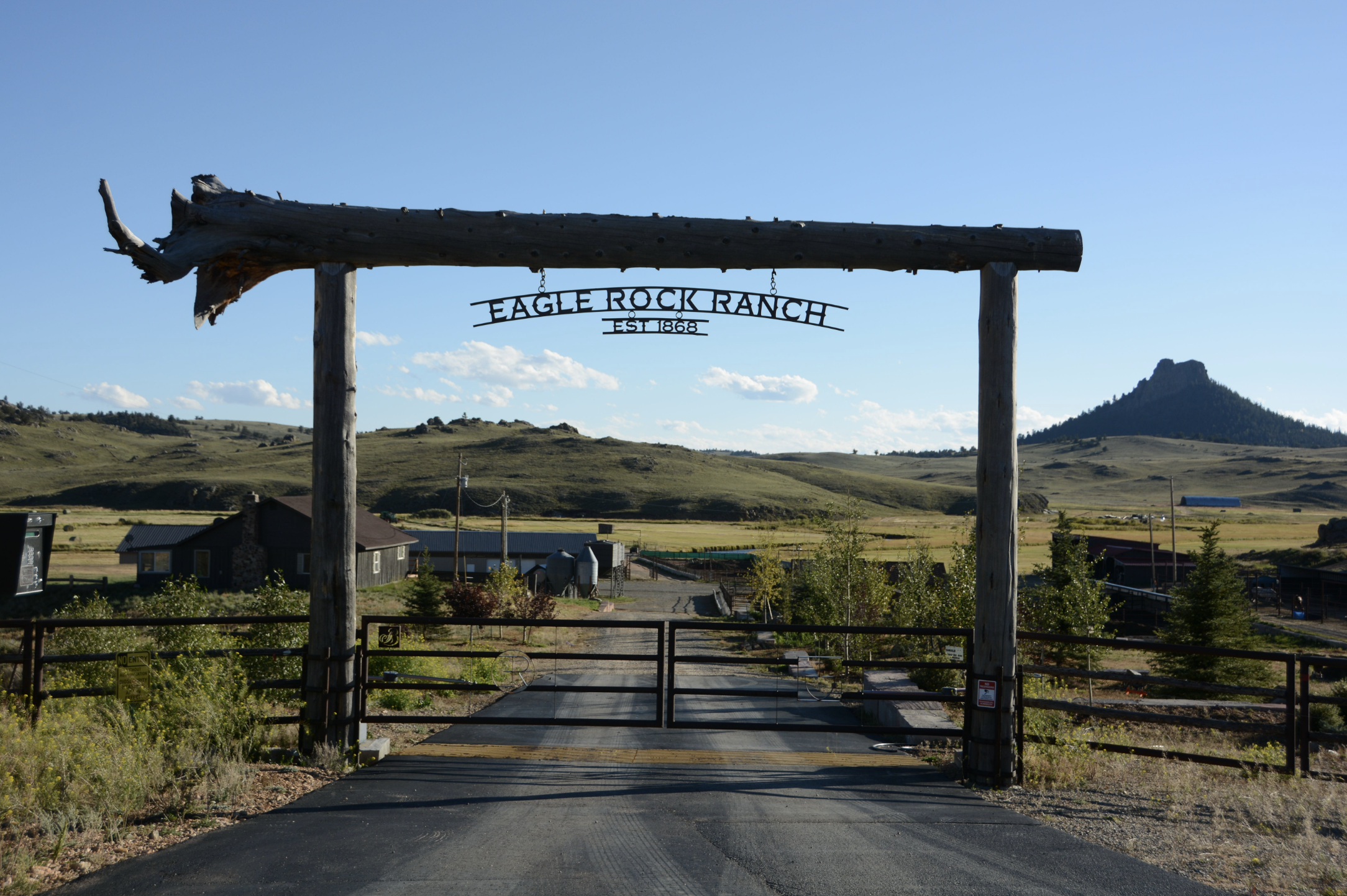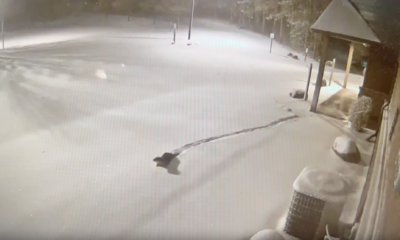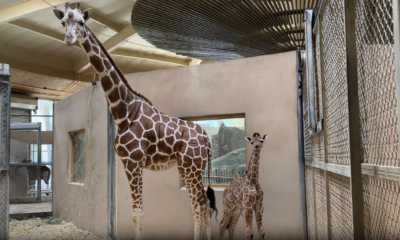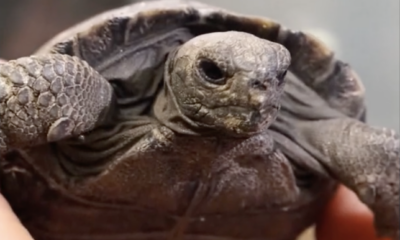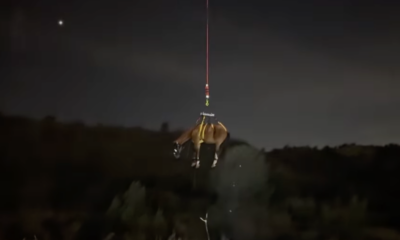-

 Celebrity News3 days ago
Celebrity News3 days agoRobert De Niro Refuses to Marry Without a Prenup as Tiffany Chen Pushes for a Wedding
-

 Celebrity News4 days ago
Celebrity News4 days agoTom Cruise Pushes His Body to the Limit During High-Risk Biplane Stunt For ‘Mission: Impossible – The Final Reckoning’
-
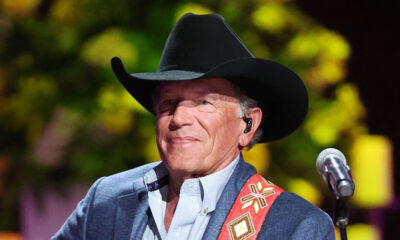
 Celebrity News2 days ago
Celebrity News2 days agoCountry Icon George Strait Sparks Panic With Grim Outlook and Heartbreaking Tribute to Lost Friends
-

 Celebrity News4 days ago
Celebrity News4 days agoJoe Exotic Breaks Down in Prison After Husband Jorge Is Deported to Mexico Hours After Release
-

 Celebrity News4 days ago
Celebrity News4 days agoJelly Roll Reflects on Troubled Youth as He Prepares for Long-Awaited UK Concert Debut
-

 Celebrity News4 days ago
Celebrity News4 days agoJennifer Lawrence Channels Real-Life Postpartum Struggles Into Emotional Performance in ‘Die, My Love’
-

 Celebrity News2 days ago
Celebrity News2 days ago10 Things You Don’t Know About ‘Barron’s Cove’ Star Garrett Hedlund
-

 Celebrity News1 day ago
Celebrity News1 day agoKylie Jenner Reportedly Wants a Baby with Timothée Chalamet to Secure Their Hollywood Relationship
-

 Celebrity News1 day ago
Celebrity News1 day agoNFL Star Travis Kelce Is Feeling the Pressure as He Plans an Epic, Movie-Worthy Engagement for Taylor Swift
-

 News1 day ago
News1 day agoPope Leo XIV Set to Receive $33,000 a Month as Vatican Pays for Every Luxury in His New Life of Power
-

 Celebrity News1 day ago
Celebrity News1 day agoTish Cyrus Considering Reuniting the Family with Ex Billy Ray — and It’s Causing Tension with Husband Dominic Purcell
-

 Celebrity News1 day ago
Celebrity News1 day agoReba McEntire’s Close Bond with Snoop Dogg on ‘The Voice’ Sparks Jealousy from Longtime Love Rex Linn
Connect with us

